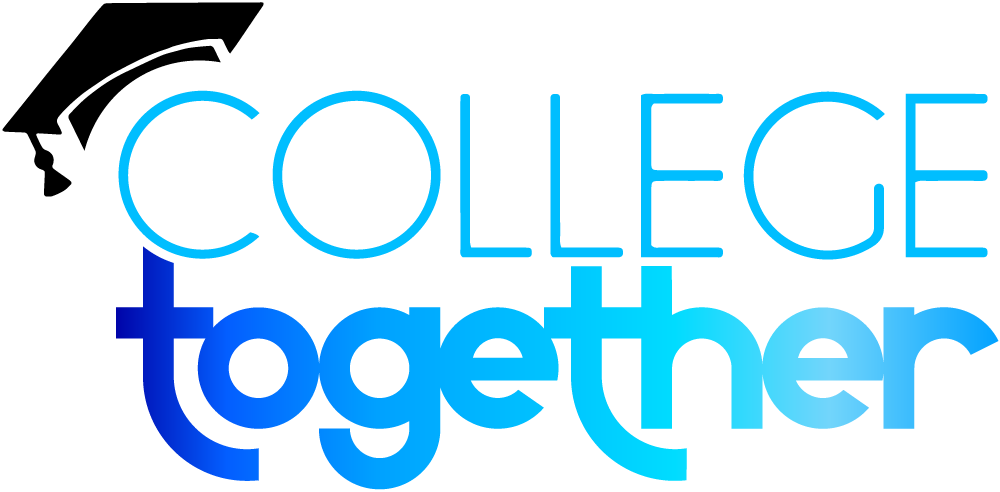Your partner in the college admissions process,
Daniella Friedman, J.D., college advisor
daniella@collegetogether.com
303-609-8636
collegetogether.com
Helpful Tips for the College Application Process
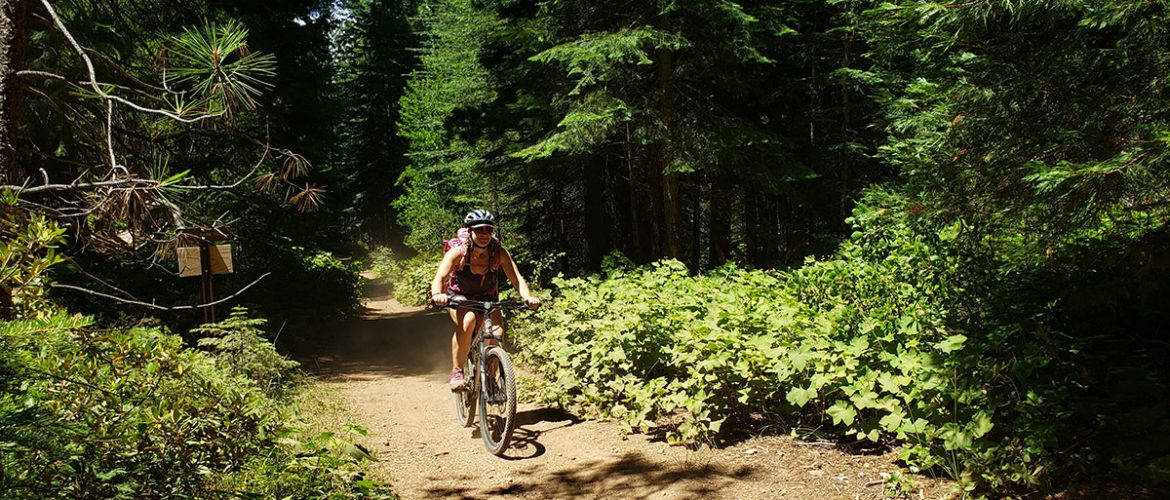
It’s almost time for high school juniors to begin working on their college applications. Knowing that high schoolers are faced with the constant pressure of juggling academics, different extracurriculars and clubs, summer programs, and athletics, we asked Daniella Friedman of College Together Admissions Counseling a few questions about the role that a program like Adventure Treks can play in the college application process.
Daniella’s experience as a private college advisor who guides students through the college search and application process also extends into the AT world—she has a high school junior who will be taking her fifth AT trip this summer. Daniella was kind enough to share some helpful tips for high school students who will soon embark on the college application journey.
How can a trip with Adventure Treks strengthen a student’s college applications?
Adventure Treks is a worthy experience in and of itself. Students learn grit, teamwork, and leadership, all while having fun and making lifelong friendships in the great outdoors. At the same time, participating in Adventure Treks can strengthen a student’s college applications in many ways, including enhancing their activity list and college resume, giving them something to write about in their personal statement and supplemental college essays, and obtaining a strong letter of recommendation from an AT instructor. (And starting in fall 2020, students can also demonstrate a passion for the outdoors and leadership while earning college credits by participating in Adventure Treks Leadership Adventure Gap semester program.)
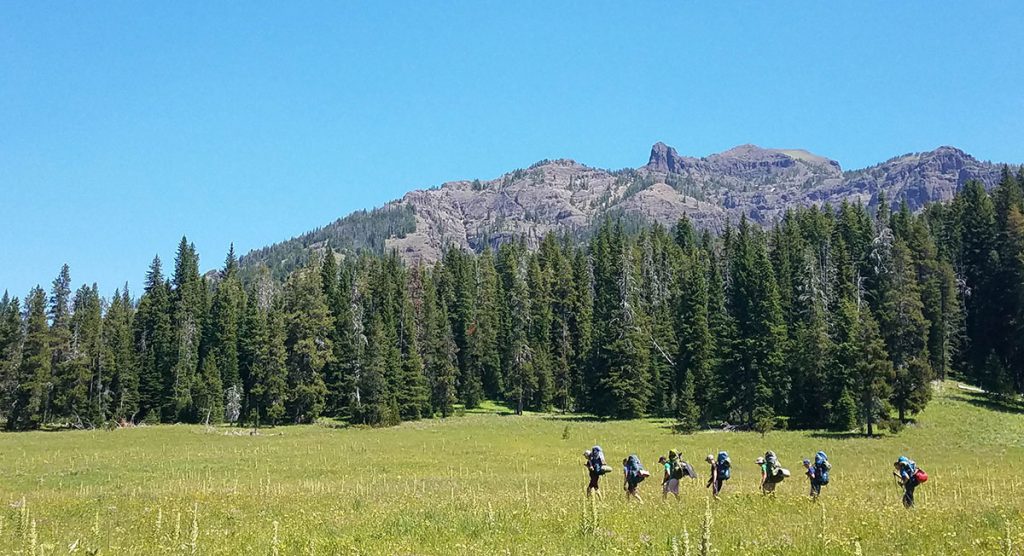
How can students incorporate Adventure Treks into their list of activities?
College application platforms provide students with an opportunity to list their top 10 extracurricular, sports, work, and community service activities. Generally, students must identify the type of activity (e.g., academic, sports, community service, work, other), the name of the organization or program (e.g., Adventure Treks’ Pacific Northwest Adventure), their position/leadership role (e.g., president, member, participant), the grades they participated in the activity (e.g., 9th, 10th, 11th, 12th), the time period they participated in the activity (e.g., academic year, break), the hours per week and weeks per year they participated in the activity, and whether they want to participate in similar activities in college.
In the Common App, which is the most popular college application platform, students must describe each activity in 150 characters or less. That means students need to be concise yet detailed. Students’ experiences during an AT summer are ripe for using active verbs and descriptive adjectives that make an activity stand out. For example, a summer trip with AT to the Pacific Northwest could be described as follows in 145 characters (the name of the activity and the student’s role don’t count toward this character limit):
OTHER CLUB/ACTIVITY
11
Break
40 hr/week, 3 wk/year
Continue
Adventure Treks Pacific Northwest Adventure, Participant
Backpacked through Pacific Northwest, including hiking, rock climbing, canoeing, kayaking, and whitewater rafting through national parks; summited Mt. St. Helens.
OTHER CLUB/ACTIVITY
11 | Adventure Treks Pacific Northwest Adventure, Participant
Break | Backpacked through Pacific Northwest, including hiking, rock climbing, canoeing, kayaking, and whitewater rafting through national parks; summited Mt. St. Helens.
40 hr/week, 3 wk/year
Continue
Some colleges also permit students to upload a college resume, giving them more space to go into detail about their activities.
Even if uploading a college resume is optional, students should always take advantage of this additional opportunity to describe their educational achievements, work experiences, extracurricular activities, community service, and skills. A resume is an excellent way for colleges to get to know a student beyond their grade point average and test scores.
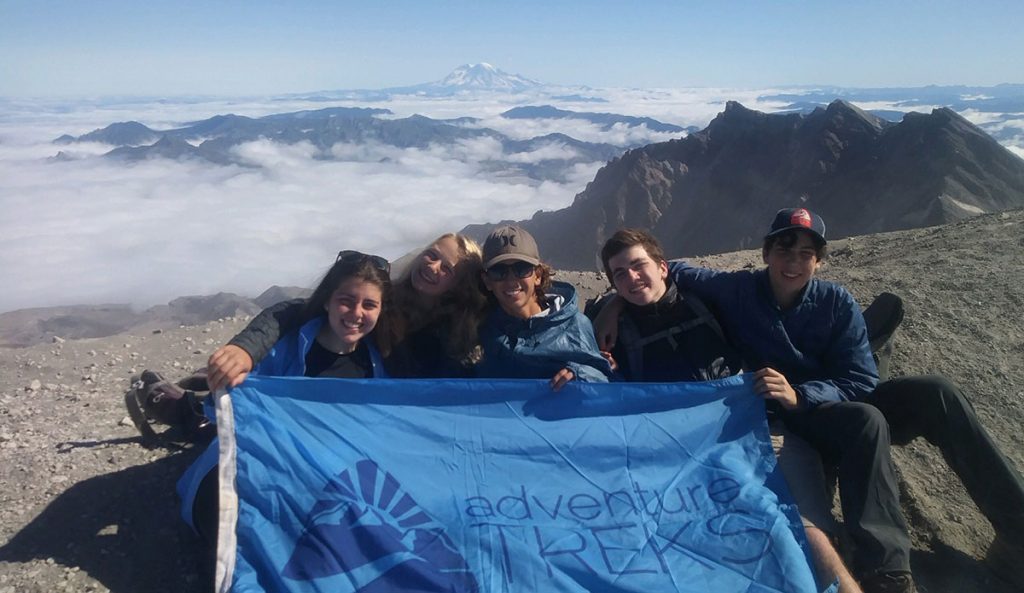
How can a program like Adventure Treks reflect positively on a student’s college application?
Outdoor experiences like Adventure Treks demonstrate to a college that a student is down-to-earth, adventurous, and willing to embrace challenge. But colleges also like to see that students have “stick-to-it-iveness” and real passion. So while one summer spent backpacking with Adventure Treks looks good, several summers spent backpacking with Adventure Treks looks even better. Students list their activities in the Common App in order from most important to least important. Therefore, the more summers the student spent at AT and the more recent the student’s AT trips, the higher up the student should list AT on their activity list.
Students should keep in mind that connecting several summers spent at Adventure Treks with other related extracurricular activities is also important. For example, a student can join related school organizations such as gardening or ecology clubs, take related academic coursework such as environmental science, or obtain related certifications such as lifeguarding or a wilderness first responder.
Beware that a list of 10 unrelated extracurricular activities may demonstrate a student’s lack of commitment and sincere interest. It’s essential to submit a cohesive application that presents as authentic.
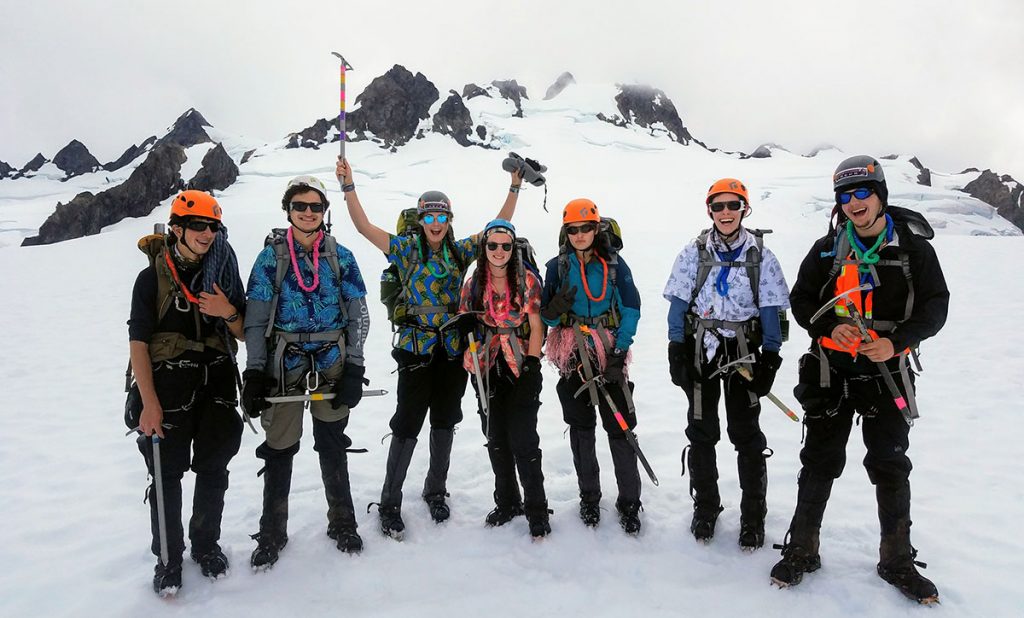
How else can a student’s positive experiences with a program like AT help them with applying to college?
Many colleges permit students to submit letters of recommendation from persons other than teachers. On an AT trip, students have many opportunities to learn new skills, connect with others, work as a team, and demonstrate leadership. These are the types of character traits that colleges are looking for in prospective students. Following an AT trip, students receive detailed instructor evaluations that comment on their personal growth, community contributions and friendships, leadership development, expedition behavior, and outdoor skills. These evaluations provide the exact type of detailed examples of strong character that make for the beginnings of a persuasive college letter of recommendation.
In part two of this blog series, Daniella will discuss how students can incorporate their Adventure Treks experiences into their personal statement and supplemental college essays and how Adventure Treks prepares students for the transition to college.
Originally posted: Adventure Treks
